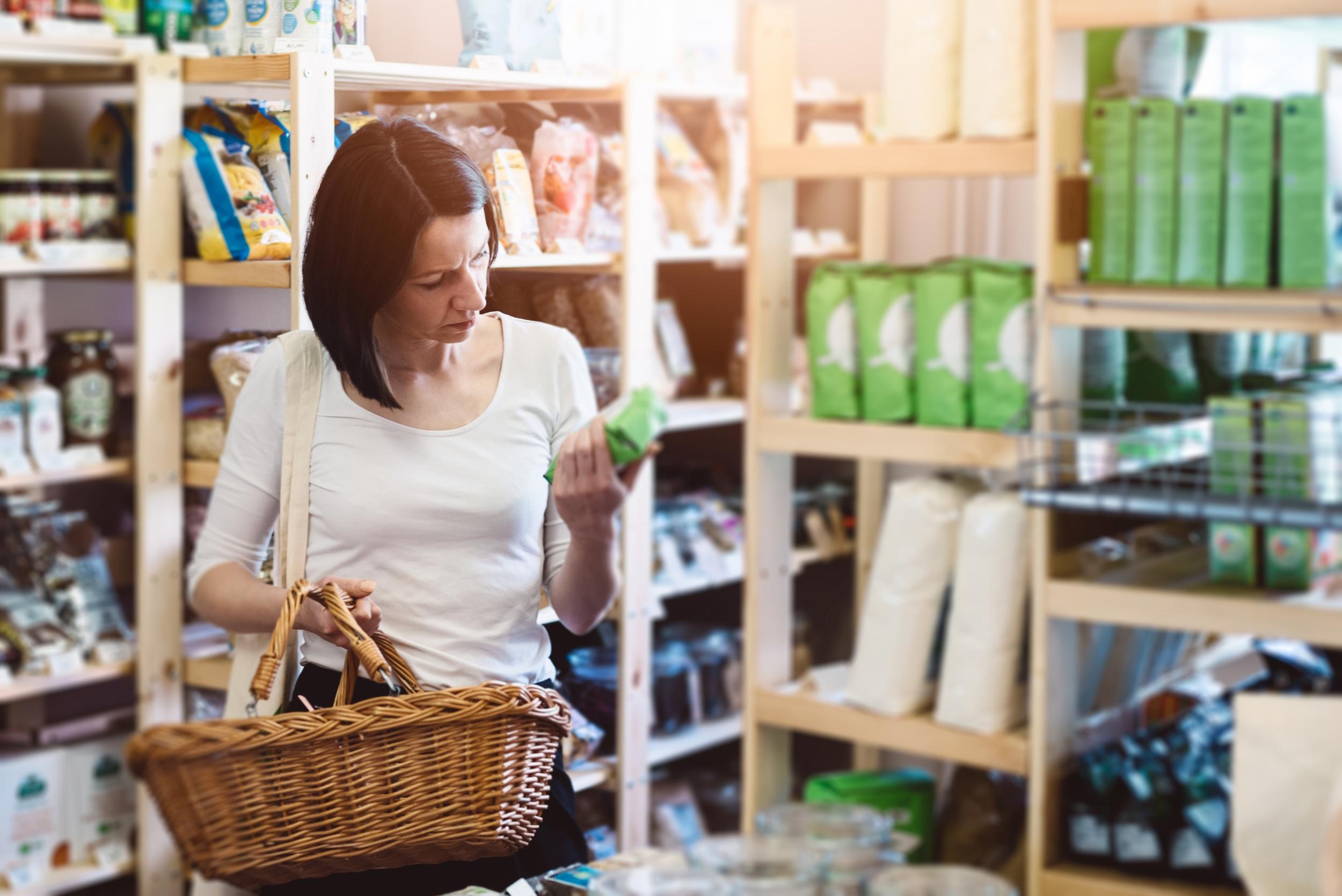More than 80 per cent of adults don’t understand food labels, poll claims
Only 15 per cent in the survey understand everything on food packaging

Your support helps us to tell the story
From reproductive rights to climate change to Big Tech, The Independent is on the ground when the story is developing. Whether it's investigating the financials of Elon Musk's pro-Trump PAC or producing our latest documentary, 'The A Word', which shines a light on the American women fighting for reproductive rights, we know how important it is to parse out the facts from the messaging.
At such a critical moment in US history, we need reporters on the ground. Your donation allows us to keep sending journalists to speak to both sides of the story.
The Independent is trusted by Americans across the entire political spectrum. And unlike many other quality news outlets, we choose not to lock Americans out of our reporting and analysis with paywalls. We believe quality journalism should be available to everyone, paid for by those who can afford it.
Your support makes all the difference.People find it difficult to understand all of the labels on food and drink packaging, resulting in many binning perfectly good produce, according to a new poll of 2,000 adults.
The survey found the majority were confused by the difference between "best before" and "use by" dates, as well as storage information and even the salt, sugar and fat content.
Only 15 per cent of those polled were confident they understand everything on food and drink labels.
More than a third were unsure about the difference between "best before" and "use by" dates, with 11 per cent believing them to be the same thing.
One in three end up binning food which is past its "best before" date, while another 38 per cent do the same once the product has passed its "use by" date.
The survey was conducted on behalf of Arla Foods, which will become the first dairy company to remove "use by" dates on all branded fresh milk and replace them with "best before" dates, in a bid to help reduce food waste.
“If changing the label gives people the confidence that their milk might still be okay for a few further days after the date on the bottle, we’ll all play a part in reducing food waste," said Fran Ball, director of quality, environment and safety at the company/
The study also found 59 per cent of respondents assumed milk was unsafe to drink once the date had passed and 14 per cent admitted they would bin it without checking to see if it could still be used.
When it came to fruit and vegetables, two thirds of those polled would happily consume this once the date has passed.
SWNS
Join our commenting forum
Join thought-provoking conversations, follow other Independent readers and see their replies
Comments